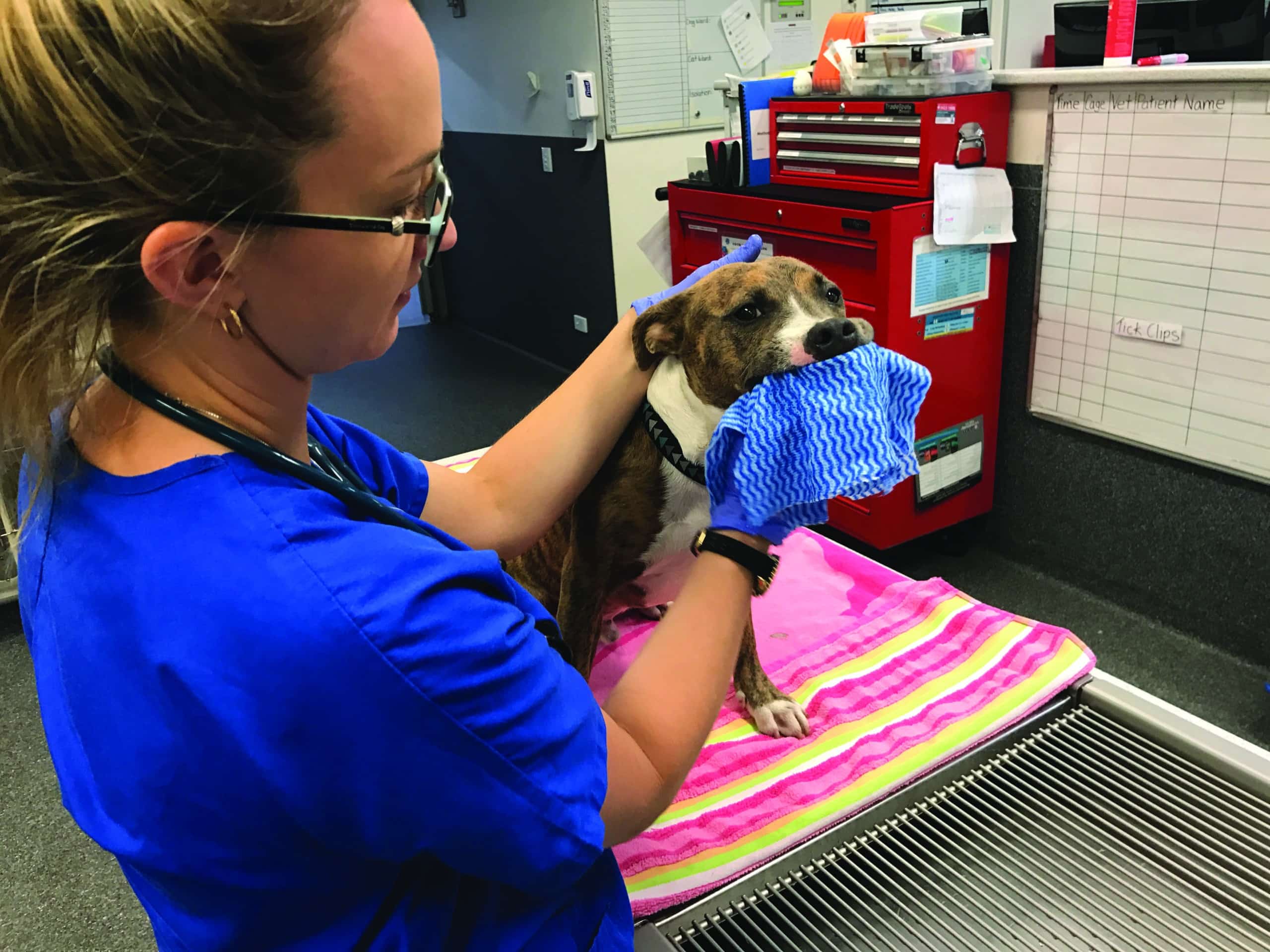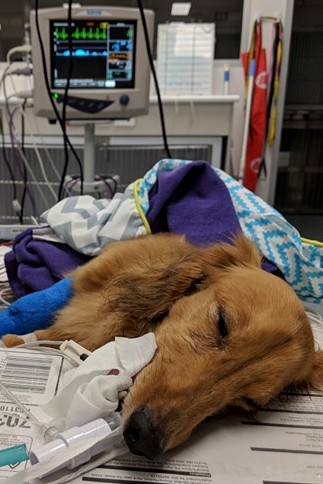To treat toad poisoning in dogs at home, rinse the dog’s mouth with water for 10 minutes and seek urgent veterinary assistance. It is essential to act quickly to minimize the effects of the toxin.
Toad poisoning in dogs can be a frightening and dangerous situation. If you suspect your dog has come into contact with a toad, it’s crucial to act promptly to minimize the risk of serious illness or even death. Toad secretions can be toxic to dogs and can lead to symptoms such as drooling, disorientation, and seizures.
We will explore the proper steps to take to treat toad poisoning in dogs at home, as well as the signs and symptoms to watch for. By following these guidelines, you can ensure your furry friend receives the care they need in a timely manner.
Early Signs In Dogs
When it comes to treating toad poisoning in dogs at home, it’s important to recognize the early signs. Excessive drooling or salivation, whining or signs of discomfort, and pawing at the mouth or eyes are common symptoms of toad poisoning in dogs. If you notice any of these symptoms in your pet, it’s crucial to act quickly to minimize the potential effects of the poisoning.
Serious Symptoms To Watch For
In dogs, toad poisoning can lead to serious symptoms that require immediate attention. Signs to watch for include drooling, seizures, and difficulty breathing. If your pet shows any of these symptoms, it’s essential to seek veterinary care promptly and not attempt home treatment.
Initial Steps For Immediate Care
Safely removing the toad: If your dog has come into contact with a toad, carefully remove any toxins from their mouth. Use a cloth or gauze to wipe out their mouth, taking care not to get bitten or allowing them to swallow the toxins.
Calming your pet and keeping them still: After removing the toad, it is crucial to keep your pet calm to prevent the spread of toxins through their system. Find a quiet, comfortable space for them to rest, and minimize any sources of stimulation or stress. Keep them still and monitored while you seek further assistance and treatment.

Credit: animalemergencyservice.com.au
Home Decontamination Techniques
When treating toad poisoning in dogs at home, it is important to promptly decontaminate the affected areas to minimize the impact of the toxin. Flushing the mouth with water is an immediate and effective method to remove any remaining toxin. Wiping the gums and tongue with a clean cloth or gauze can further help eliminate residual poison. Monitoring the dog closely during this process is essential to ensure no re-exposure to the toxin occurs. These home decontamination techniques, when executed promptly and effectively, can significantly aid in treating toad poisoning in dogs.
Supportive Care After Decontamination
After treating toad poisoning in dogs, it’s important to provide supportive care to help your pet recover. Keep your dog cool and hydrated by offering fresh water and providing a cool environment. Monitor your dog closely for any signs of distress or worsening symptoms, and seek immediate veterinary care if necessary.
When To Contact Your Vet
Determining the severity of poisoning is crucial. If the symptoms persist after initial care, it is imperative to seek professional veterinary attention immediately. Delaying further treatment may worsen the condition. Owners should carefully observe their pet’s behavior and seek an expert opinion if there are any concerns about the progression of symptoms.
Veterinary Treatments For Severe Cases
Activated Charcoal Administration: Administering activated charcoal can help absorb the toad toxins from the dog’s stomach. It is essential to use a recommended dosage and seek veterinary advice before administrating charcoal.
Intravenous Fluids and Medication: Intravenous fluids help flush out toxins from the dog’s system. The veterinarian may also provide medications to manage symptoms and prevent complications. It is crucial to follow the prescribed dosage and instructions carefully.
Prevention And Future Protection
It is essential to train your dog to avoid toads to prevent toad poisoning. Positive reinforcement and consistency in training are key. Teach your dog to stay away from any creature that hops or has bright colors. Additionally, be aware of the surroundings and keep an eye on your dog while outdoors. Implement garden and yard safety measures such as removing any potential hiding spots for toads, keeping the area well-lit, and using a fence if necessary. Moreover, consider using pet-safe deterrents to keep toads away from your property. By taking these precautions, you can protect your dog and prevent them from encountering toads.
Frequently Asked Questions On How To Treat Toad Poisoning In Dogs At Home
How Does Toad Poisoning Affect Dogs?
Toad poisoning in dogs can cause excessive drooling, vomiting, and seizures. It is essential to act quickly by rinsing the dog’s mouth and seeking immediate veterinary care to minimize the risk of serious complications.
What Are The Signs Of Toad Poisoning In Dogs?
Signs of toad poisoning in dogs include drooling, pawing at the mouth, vomiting, and seizures. If you suspect your dog has encountered a toad, it’s crucial to seek veterinary assistance promptly to ensure proper treatment.
How Can I Treat Toad Poisoning In Dogs At Home?
If you suspect your dog has been poisoned by a toad, rinse their mouth with water and contact a veterinarian immediately. Try to keep your pet calm and seek professional help as soon as possible to ensure the best outcome for your furry friend.
Conclusion
When it comes to treating toad poisoning in dogs at home, quick action is crucial. By being prepared with the right knowledge and supplies, you can effectively respond to this emergency situation. Remember to stay calm, seek veterinary help, and provide supportive care to help your furry friend recover.



